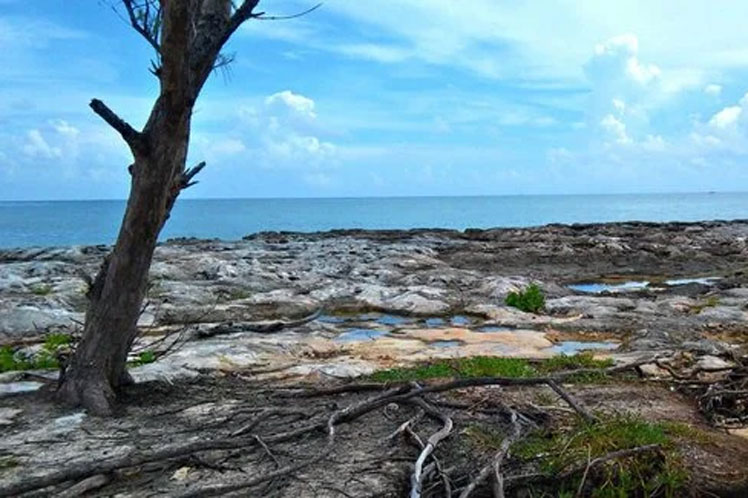The Covid-19 pandemic has shown a snapshot of how unprepared we are for such a disturbing event, the PAHO Assistant Director Jarbas Barbosa said at a weekly press briefing.
But we have the opportunity to take advantage of the lessons of that disease to prevent future crises and strengthen our capacity to respond to them when they arrive, said Barbosa in open reference to coming UN Convention on Climate Change (COP26).
We are encouraged that, for the first time in history, health is at the heart of the summit scheduled for Glasgow, UK, from Nov. 1 to 12, hoping our leaders capitalize on this moment, Barbosa stated.
Before COP26, Barbosa recalled, PAHO launched an Agenda for the Americas on Health, Environment and Climate Change providing countries with an action plan to reduce the burden of environmental risks on the health of the region.
Our health systems will be challenged by these threats, and health systems themselves have the primary responsibility to ‘do no harm’ and reduce their environmental footprint, Barbosa stressed.
Climate change caused an increased vector-borne disease toll such as Zika and Chagas, while dengue, which normally follows a seasonal pattern, is detected outside its normal cycle due to atmospheric warming and lengthy wet seasons.
mh/pll/msm/znc









